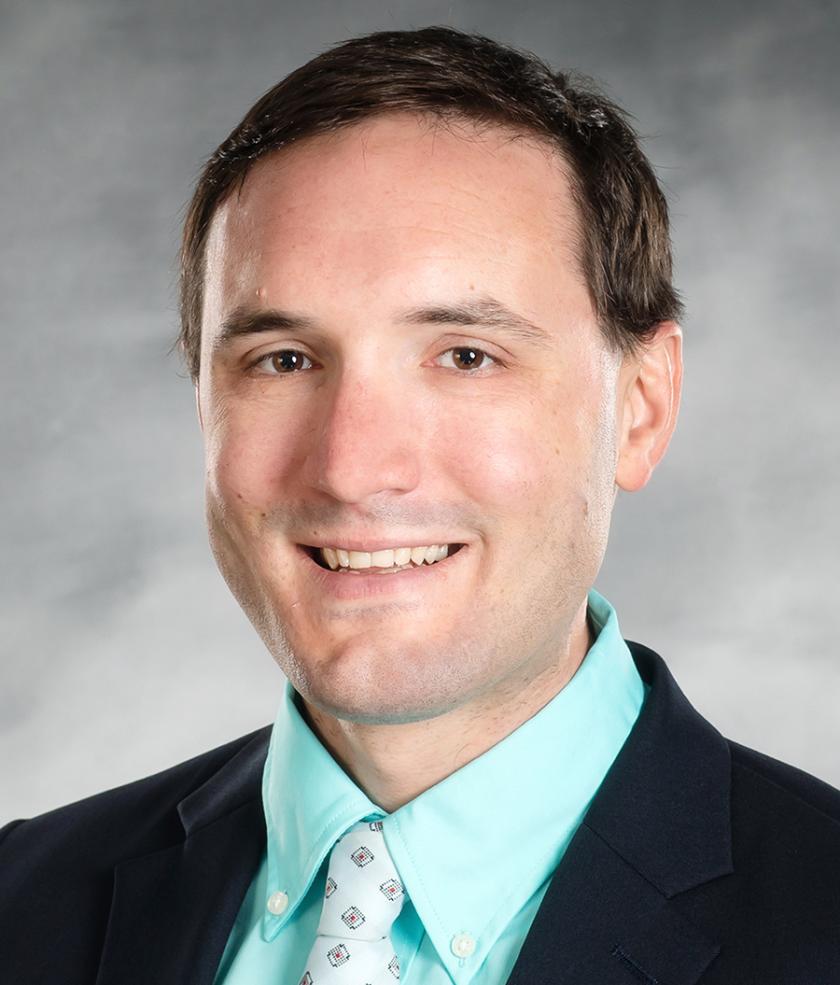
The PhD degree program at the iSchool celebrates its 75th anniversary in 2023. This profile is part of a special series featuring PhD alumni. Noah Lenstra (MSLIS '09, CAS '11, PhD '16) is an associate professor of library and information science at the University of North Carolina Greensboro.
What are the focus areas of your research? Your teaching?
My research centers on understanding public librarianship as a type of community work. In other words, how do public librarians work in and with communities? For the past six years, I've been pursuing this line of inquiry in the context of public health: How and why do public librarians work in and with communities to support public health? My teaching focuses on project management, organizational change, and community informatics.
What do you see as the most important impact of your work?
I see the most important impact of my work when I am able to directly affect systems to bring about change. One example that comes to mind is my participation in the South Carolina Center for Rural and Primary Healthcare's Rural Libraries and Health Cooperative Agreement Program. Through my research and advocacy, I was able to directly shape a program that has dramatically altered how rural libraries collaborate with others in the rural health ecosystem.
Why did you choose to pursue a PhD degree?
I decided to pursue a PhD because I wanted to better understand the complexities associated with inter-organizational community partnerships focused on library and information infrastructure, a reality I directly experienced when working for three years on the eBlack Champaign-Urbana project, a digital community archives project. My dissertation focused on how public libraries and senior centers independently support digital literacy among older adults, with an eye toward how these ubiquitous community institutions could better collaborate and support each other.
What has it meant to you to be an alum of the program at Illinois?
Being an alum of Illinois prepared me to see myself as a fearless leader. The program and the guidance I received gave me the confidence and skills needed to chart out new research pathways that inform inter-professional practices.
What advice would you give to new PhD students?
Don't bite off more than you can chew, and remember it takes time to build up a research program. Remembering that your PhD is just one phase of your life is hard to do but can make a big difference in terms of successfully navigating this experience.